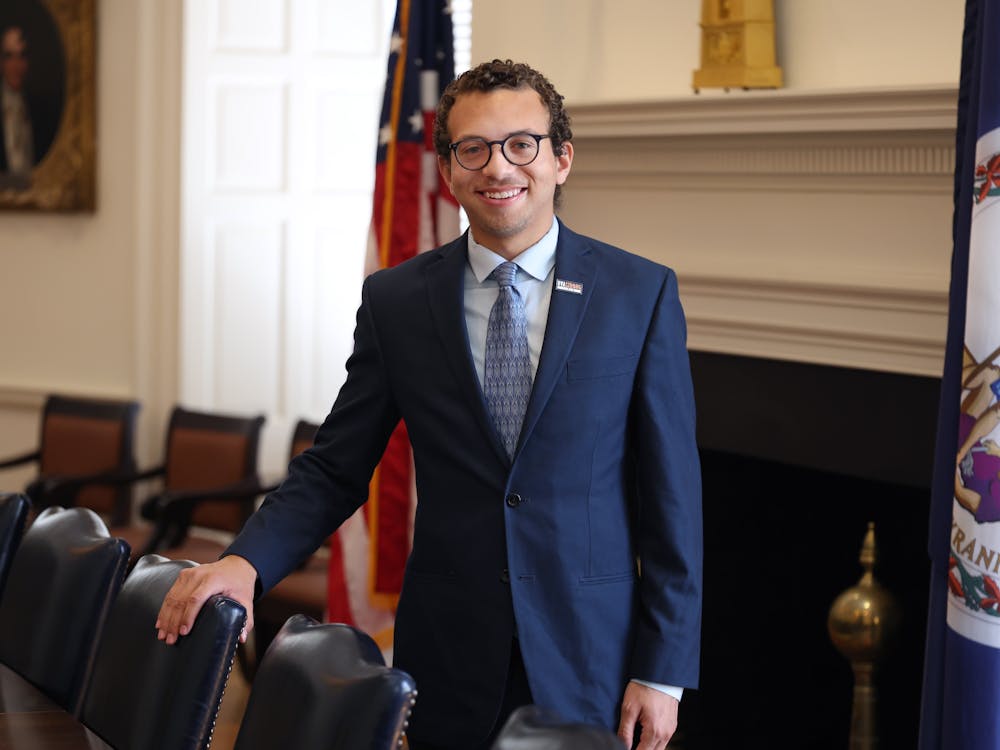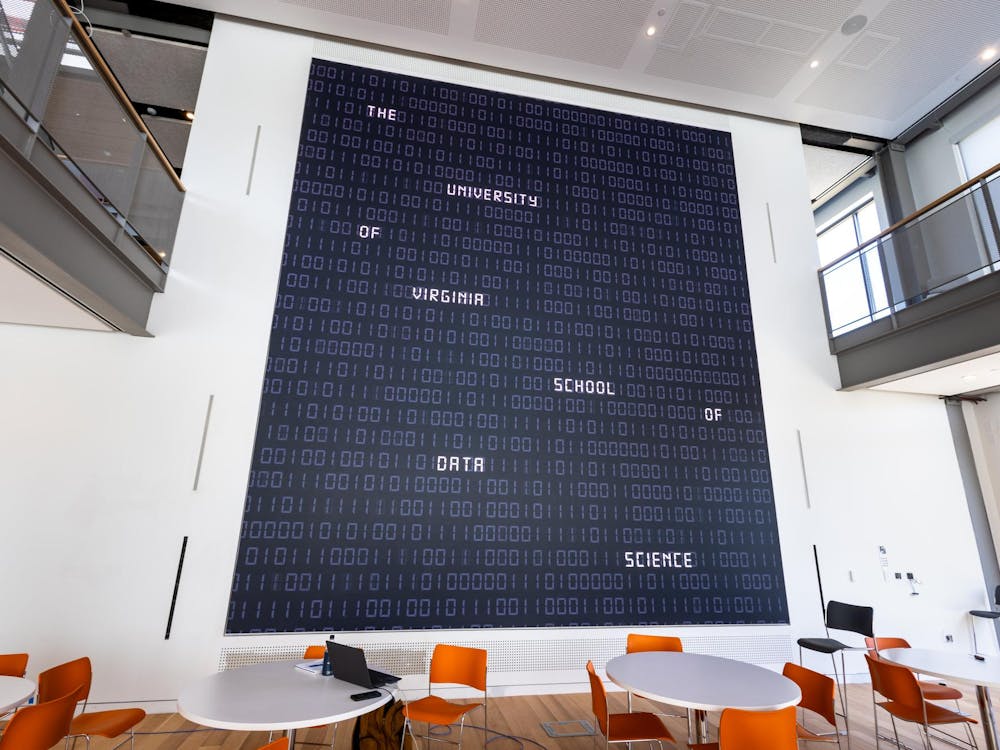Gov. Terry McAuliffe announced Monday that Virginia would not oppose the resettlement of Syrian refugees within the state.
McAuliffe spokesman Brian Coy said the governor’s position welcomes refugees while focusing foremost on the safety of Virginians.
“The Governor wants to ensure that every refugee, no matter where they are from, is properly vetted, that the security screens are done properly and that we have the best possible standing of who these folks are and where they are coming from,” Coy said.
McAuliffe’s announcement comes in the wake of statements by more than a dozen other state governors citing security concerns and opposition to the resettlement of Syrian refugees within their borders.
States in opposition to granting refugees asylum include Alabama, Arizona, Arkansas, New Hampshire and Florida.
These security concerns grew dramatically in the wake of the terrorist attacks in Paris on Nov. 13. Reports claim a gunman involved in the attacks snuck into France posing as a Syrian refugee with a fake Syrian passport.
In a statement to the Richmond Daily Times, Virginia Delegate G. Manoli Loupassi, R-68, discussed the fear of terrorists infiltrating refugee resettlement efforts.
“The current refugee resettlement program used by the United States is not sufficient to filter out the small percent of radicals that will take advantage of the current crisis,” Loupassi said. “It is with the safety and well-being of all Virginians in mind that we call on the governor to halt the acceptance of Syrian refugees.”
Moreover, Loupassi, along with Virginia Republican Delegates Timothy Hugo, C. Todd Gilbert, and Gregory Habeeb, announced a joint plan to introduce legislation inhibiting Virginia from accepting Syrian refugees, once again citing security concerns as their principal reason for opposing resettlement.
However, in accordance with the Refugee Act of 1980, states have no legal or administrative means of the resettlement of refugees in their states, Coy said.
“Resettlement agreements are actually made between private organizations and the federal government so the states don’t play a role in those agreements,” Coy said.
While the Virginia state government doesn’t have the power to restrict the resettlement of refugees, it does play an advisory role in granting asylum, Coy said.
“Because of the relationship we entered in with the federal government, we have a consultative role where they will call us...with a proposal for how many refugees they plan on moving to a specific area,” Coy said. “Our refugee coordinator can try to modify those proposals, make suggestions for fewer numbers, or [refugees] going to different places…but we do not have a decision making role in that.”
In fiscal year 2015 Virginia granted asylum to 2,338 refugees, about 1 percent of whom were from Syria. The Office of Newcomer Services, a division of the Virginia Department of Social Services, administers social services for these refugees and is funded by the federal government.
University students offered various views on the resettlement of Syrian refugees in the U.S.
Second-year College student Stephan Warden, a French-American, said the U.S. should take stricter measures towards refugee screening in light of the recent attacks in Paris.
“I feel very strongly that my statesmen here in Virginia and in the United States have an obligation to ensure the safety of their constituents first,” Warden said. “It’s now more apparent than ever that the dangers from foreign entities are very real, and our country should take stricter precautionary measures towards refugee resettlement than were used by some countries in Europe.”
College Republicans Chairman Jay Boyd, a fourth-year College student, also took an oppositional stance towards McAuliffe’s lack of resistance regarding the flow of refugees into the state.
Boyd declined to issue a statement on behalf of the entire organization of the College Republicans, but said he was overall critical of the agenda of President Barack Obama in allowing for Syrian refugees to flow across American borders in general and said Obama had “failed with this issue.”
“I think [McAuliffe’s stance] is unfortunately short-sighted,” Boyd said. “We need to at least pause the acceptance of these refugees into the U.S. and Virginia until we can vet them more.”
Boyd said he was unsure of the logistical ability for the United States to carry out a process of vetting refugees on a religious basis, and said there was no effective way to police which religion a given refugee identifies with.
On the other side of the issue, third-year Commerce student Jennifer Baez said fear should not be a driving factor in making decisions regarding the resettlement of Syrian refugees.
“I definitely support the resettlement...the fact that people from Syria [and] people from the Middle East are associated with the Islamic State doesn’t mean we should turn our backs on these people,” Baez said. “I think a lot of people are against it because it is scary, but people are reacting more out of fear than knowledge of the situation.”
University Democrats Vice President Sam Tobin submitted an official statement of support for McAuliffe’s actions from the organization, and said the existing system for vetting refugees has proven effective.
“Most [of the refugees] are women and children, who already have to go through a screening process which lasts 18-24 months as well as [through] the UN,” Tobin said. “Saying that we won’t take refugees isn’t productive. Our process is very good. It’s very strong.”
Tobin said he was concerned about the legacy the United States may be constructing through explicit resistance to the resettlement of refugees.
“We have a bad history with [resisting refugees]; we didn’t accept Jews before the Holocaust,” Tobin said. “We need to set an example for the rest of the world, and we need to have compassion for these people”
Tobin took a similar stance to President Barack Obama and said displaying overt resistance towards the resettlement of refugees would work in favor of the Islamic State, as it would market and reinforce the terrorist organization’s narrative of holy war between Islam and the West.
Read this article translated into Chinese here.







